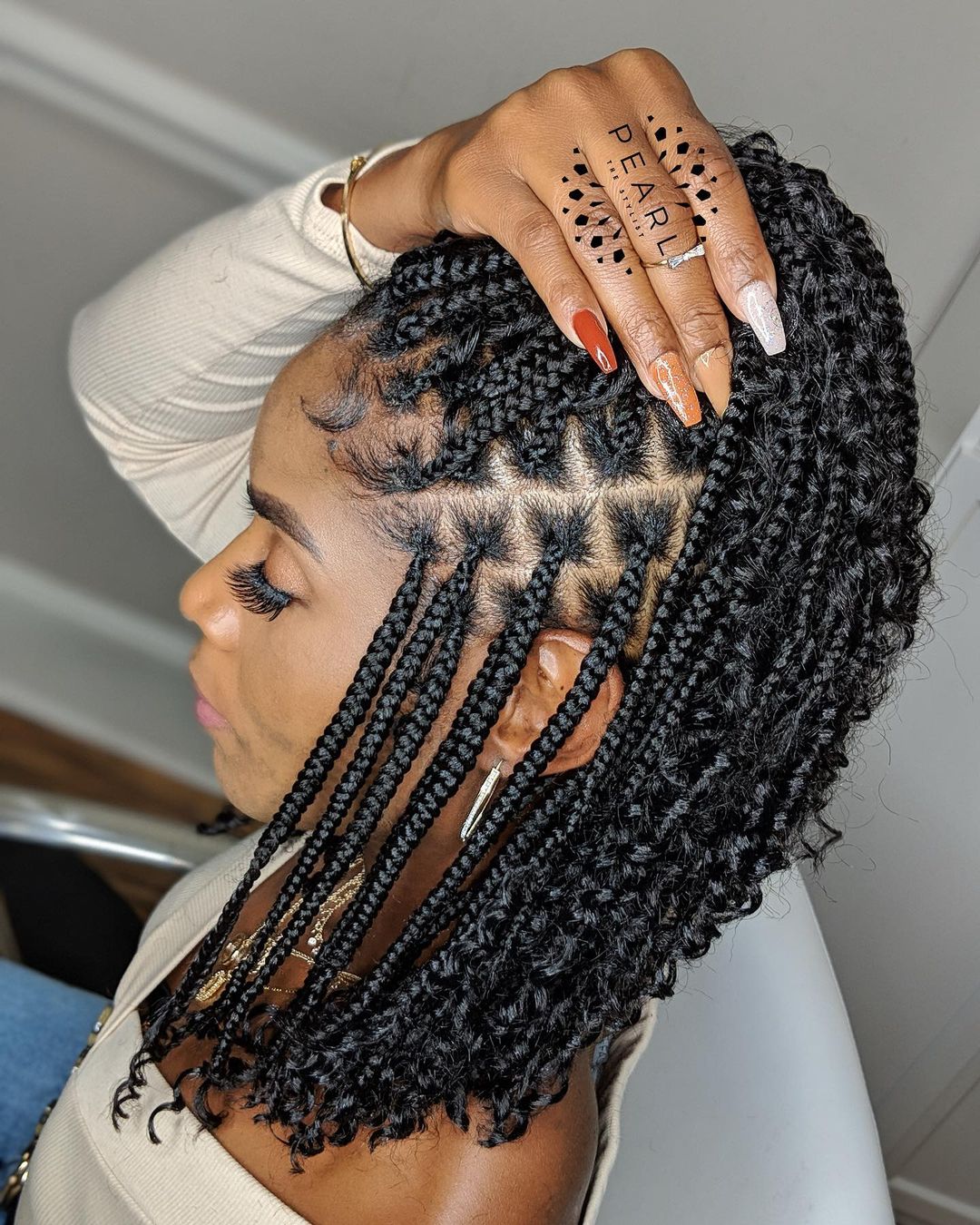Table Of Content

However, a person can maintain the health and growth rate of their hair. Maintaining a healthy diet and exploring natural remedies, such as scalp massage and essential oil use, may help improve the hair’s appearance. Some studies and anecdotal evidence have shown that using herbs like rosemary water as a hair tonic or wash can prompt the growth of hair without the added chemicals or toxins that other products may contain. A theory is that herbs might encourage blood flow to the scalp, which reduces inflammation and supports a healthy environment for hair growth. One test-tube study found that keratin might decrease hair loss, treat damaged hair, and increase hair diameter. Still, more research is needed to better understand how this nutrient might support hair growth.
Reduce stress
While biotin deficiency has been linked to hair loss, research on the effectiveness of biotin supplements for hair growth is inconclusive,” says Chun. Some people have success with biotin supplements for hair health, but note it may not be the most important nutrient for everyone for hair growth. If you’re losing more hair than usual or noticing a lack of regrowth, it’s best to see a healthcare provider to determine the underlying cause of hair loss before starting a supplement. There are many reasons for hair loss ranging from nutrient deficiencies, malnutrition, and stress to underlying medical conditions like a thyroid disorder.
Limit Heat
Hair loss is not harmful in and of itself, but it's normal if it causes you stress. It’s understandable that you may be looking for ways to increase hair growth and hair fullness. Hormonal abnormalities, anemia and other nutrient deficiencies can short-circuit the growth pattern. Dr. Bergfeld recommends having your doctor do some tests to identify any possible deficiencies.
Comparing the best hair growth products
In addition to using hair growth products, there are a variety of other methods you can take to improve the thickness and health of your hair. While not specifically formulated for hair growth, a multivitamin may help fill nutrient gaps in your diet, which could cause hair loss. OLLY Heavenly Hair Gummies contain biotin and zinc, as well as several herbs that may actually work to support hair growth. Mix a few drops of rosemary oil into a carrier oil, like argan oil or jojoba oil, and massage it into your hair and scalp before rinsing. We consulted two dietitians and three physicians for guidance on choosing the best vitamins for hair growth. They provided insights on the health benefits of vitamins for hair growth, what to look for, and who can most benefit from them.
While there’s no direct way to make your hair grow faster overnight, there are steps you can take to keep your hair healthy and long. Researchers are still looking into what triggers our bodies to switch on the anagen phase, and more studies are needed to know for certain what can be done to promote hair growth. Slow hair growth can be caused by age, stress, lack of sleep, diet, and hair habits (like tight hair styles and not keeping your scalp free of buildup). If you are concerned about your hair growth, visit a dermatologist or hair professional, like a trichologist. While peace of mind and exercise can reduce stress and make you feel better than before, practicing yoga is believed to stimulate hair growth.

Best B-Complex for Hair Growth
The 14 Best Hair Growth Serums for Thicker, Fuller Hair - Health.com
The 14 Best Hair Growth Serums for Thicker, Fuller Hair.
Posted: Wed, 20 Mar 2024 07:00:00 GMT [source]
To protect your hair, “it’s essential to avoid products containing sulfates, parabens, phthalates, and silicones that can dehydrate, weigh down your hair, and irritate the scalp,” adds Sobel. A nutritious diet with the recommended essential nutrients, including protein, antioxidants, iron, and fatty acids, can help support healthy hair growth. Avoiding deficiencies can help prevent hair loss due to a lack of nutrients. Unfortunately, hair loss around three to six months after delivery is completely normal. This phenomenon is called telogen effluvium, and it’s estimated that around 40% to 50% of women experience this shedding to some degree, according to Dr. Steven Line, MD. Hormonal changes during and after pregnancy are the culprits of this hair loss.
Factors That Affect Hair Growth
Trying a scalp scrub that helps gently exfoliate the surface while improving moisture and nourishment can be a simple step in your hair care routine. You may use this type of product as needed before conditioning your hair in the shower. The average scalp contains around 100,000 hair follicles—and it's normal to lose about 100 hairs every day. Supplements aren't regulated by the Food and Drug Administration (FDA) in the same way that medications are in the United States. Check with a healthcare provider before trying one out to ensure you're not getting too much of a particular vitamin or nutrient.

Inadequacy of this particular nutrient is not an issue most people will run into, as biotin deficiency is relatively rare in the U.S. McMahan says some people (i.e. those who are not pregnant or breastfeeding) can start an over-the-counter topical minoxidil (Rogaine) extra strength, twice a day. McMahan advises those experiencing hair loss or shedding to seek an expert's help to determine the root cause of the problem. Great food sources of omega-3s include salmon, tuna, flaxseed, walnuts, and plant oils such as soybean and canola oil.
Collagen is a protein that supports healthy skin, cartilage, bones and connective tissue. With your scalp wet, James says it can also be helpful to integrate a topical solution to your haircare routine. "It is packed with peptides, along with other nutrients for nourishing the scalp and hair, and the spray lightly coats the surface area without leaving any buildup behind." Exactly how much time it takes for hair to grow depends on genetics.
St. Surin-Lord says that sweet potatoes are loaded with beta carotene, the precursor for vitamin A that not only promotes a healthy scalp but effectively promotes hair growth, too. Not to mention, the starchy vegetable supports gut health, acting as a prebiotic, by being a good source of soluble and insoluble fiber. Legumes (aka beans and lentils) are saturated with hair-improving vitamins and minerals like zinc, iron, and, most importantly, biotin. "Biotin strengthens the structure of keratin, which makes up the hair, skin, and nails," notes St. Surin-Lord.
Cysteine, which is an amino acid, is important in the rate of hair growth. According to one 2016 article, a lack of protein can lead to hair fragility and brittleness. They also note that folate deficiencies can cause changes in the color of the hair. Folate is present naturally in foods, while manufacturers typically add folic acid to foods. Also, rapid weight loss or a decrease in protein intake can lead to a condition called telogen effluvium (TE).












